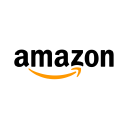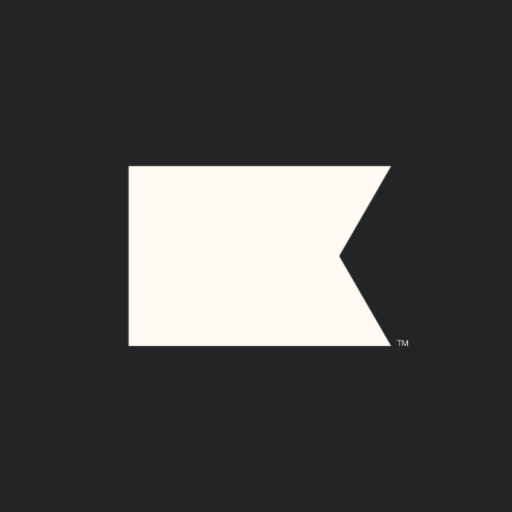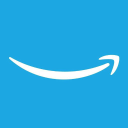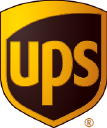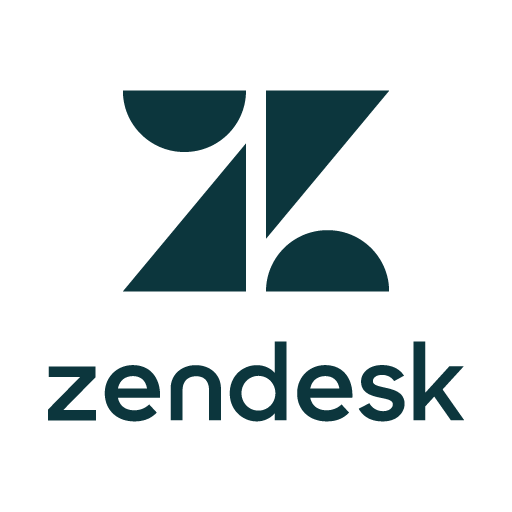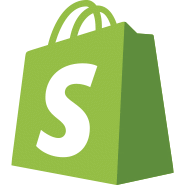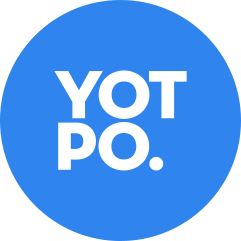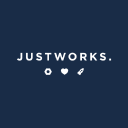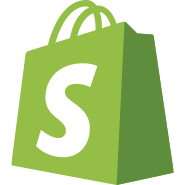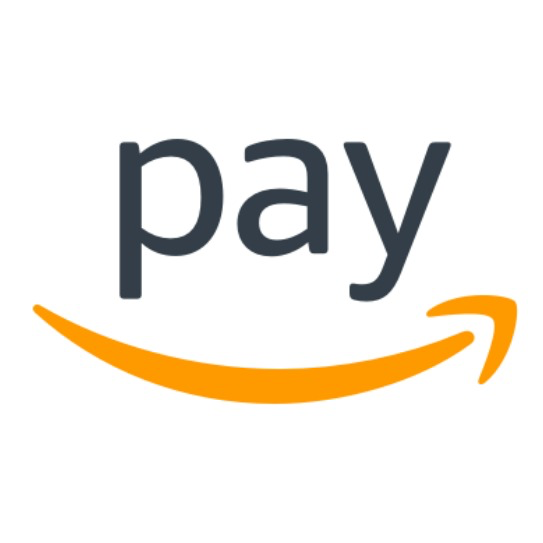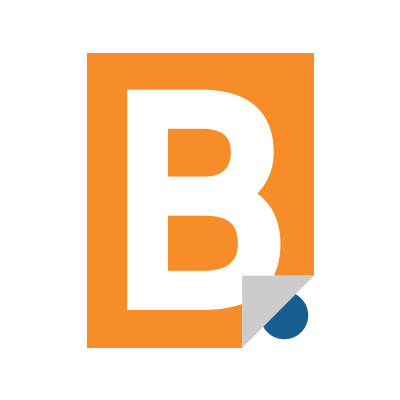
Pioneering A New Self Care Category And Growing To $1M In The 1st Year Of Sales
I’m endless consciousness dressed in the body of an athletic caucasian woman of average height and shoe size. In more grounded terms, I’m growing Rosebud Woman, our beautiful, intimate wellness line, into a global company that helps women experience more pleasure and less suffering in their sexual and sensual lives, and love their entire body more. And I’m a mom of 4 adult kids, a long time yogi, the author of 6 books, and an activist for equity for women.
In 2017, my then-partner and I created Sundari Farm and Gardens, a meditation center in Hawaii, and a Ph.D. Candidate in Philosophy and Religion.

What's your backstory and how did you get into entrepreneurship?
I always loved creating- my grandfather was an inventor and maker. For example, I published a newspaper in the 6th grade and started a fitness business at 16. I also met my husband at 16, on the first day of college, and we were married at 18 and had 3 kids by 22. I had another son at 26, and then later had the chance to raise two stepdaughters for a decade. After going to business school with 3 kids under 5, I tried working a plum global consulting job, but that didn’t work with loving your family well, so I was kind of pushed into entrepreneurship by unaccommodating social structures. After that, it was all startups. Some were venture-backed and later sold for hundreds of millions to public companies. Some weren’t big exits, but ended in the right hands or did well. So far, I've founded and grown six companies from a blank sheet of paper into viable entities.
Any real business takes three to five years to get right. Nothing happens overnight. Be compassionate and patient with yourself, laugh at mistakes, learn from them, and keep going.
For this business, Rosebud Woman, it’s probably also helpful to know that my mother was killed when I was young, and I was raised by my father, to be masculine (or at least think like a man), with the idea that the feminine was chaotic and illogical. My friends were mostly guys. In my thirties, with yoga, and with having a daughter, that began to change. I started to feel and love my body and its curves through the influence of a female teacher (Shiva Rea), and to heal sexual shame and wounding. As I found my feminine, I began studying anatomy, plants, massage, tantra in general, and tantric sexuality. At first, I made healthy skin products and intimate care creams at home with beneficial herbs and great textures. My friends would laugh to see quart jars of lotions in the. Refrigerator where milk is supposed to be. I gave them to some friends to try, and the response was positive. I learned that many more women than I ever anticipated had needs in this area but just didn’t talk about it.
So I started working on a business plan. During this time, I had a consulting practice with one of my sons and a friend, and we had an agreement that anything developed independently of our joint innovation practice would be shared so that we each benefitted from the synergies of our work. I created Rosebud Woman as a stand-alone company under that arrangement. It was an opportune time personally, my kids were out of the house, I was in a new and flexible relationship, and was working on building the meditation center out with him, so I had a lot of flexibility. Financially, my personal needs were low and I had no debt. We also had a boon due to the sale of another project.
The first thing I did was invest in research so I didn’t place my time and money energy into something foolish. I commissioned a third-party survey of 3,000 women to assess their top Intimate skincare needs, and to see if those needs differed by age and stage of life. The results astounded me. The need was much greater than I thought! From there, it was clear we had something.
And so it began in earnest.
Take us through your entrepreneurial journey. How did you go from day 1 to today?
As any good entrepreneur knows, you’re only as good as your team. You have to have the right people with the right skills in the right seats. When I start a business, I put together a “pre-team”- 1099 contractors who have real expertise to lean into for insight and to avoid costly mistakes. In this case, it was three women: Jennifer Ritter, who had just left Estee Lauder’s new products team and moved to California; Maria Haddad, a brand designer who worked on Fenty for Rihanna; my daughter, Samantha Sleeper, who is a luxury designer and imagery genius. From there we hired the top skincare chemist in the country and found the longest established USDA organic factory in America. I also put together an advisory board of doctors and women’s health advocates.

Then, we began two parallel tracks: formulating and testing products, and designing the brand and honing in on what we wanted to be- both were tremendously fun!
On the products, the chemist said my draft formulas looked like cookie recipes. I thought I had done so much to prepare- talking to herbologists, docs, doulas, consulting ethnic traditional medicine from around the world. Instead, we started from scratch, defining use, impact and constraints, form, function, dispensing, and more. In our case, the constraints were plant-based, cruelty-free, measurably effective ingredients that were safe for intimate skin. The needs ranged from moisture to tissue laxity to skin irritation to lack of sensation. And from there we tested and tested. Once we had the formula we liked from a texture and performance perspective, we went to outside skin patch and sensitivity testing, as well as stability testing- would it hold up under various heat and cold conditions over time?

On the brand, we wanted to strike a tone of dignity and reverence. A feeling that you are nature, you are divine, all of you are loved. We wanted products that could be kept on the bedside table and left out on display. Glass that was radiant like a woman, shapes that recalled the boudoir, color that was evocative of intimacy. And a message that said: release any internalized beliefs that you are anything less than perfect. The photography had to support this, the imagery had to be inclusive of all races and body types and ages- luxe living from birth to a hundred in your perfect body.
The other thing that happened in the naming and branding was this: we saw the connection between how women and men are socialized to treat women’s bodies and the social and political impact in our systems. The mission expanded to restore equity and to love ourselves so much that we demand the same healthcare investments, end domestic violence, and have pay parity.
In the summer of 2018, we added a kickass sales executive and passionate advocate for women to our team, Michelle Fetsch, and moved into a WeWork in Los Angeles. We sent travel kits to a thousand women in August of 2018 and began selling in October of 2018.

Now, almost two years later, we are 5 people, doing seven figures in annual sales, and growing online and at retail. We just entered Canada, Dubai, and the UAE and are introducing our first performance body care product, Anoint Nourishing Body Oil.
How are you doing today and what does the future look like?
We are profitable, but not cash flow positive- we are still investing ahead in inventory and product development. We spend a lot on customer acquisition- especially Facebook and Google ads, and have just moved into sponsoring podcasts and started with a new PR firm. Gaining awareness is our top need right now!
Women love the products when they try them, and we have a lot of returning customers. We’re trying a referral and an affiliate program, but that’s not nearly as effective as just straight-up social advertising. We have 20,000 women in our customer base now, and growing monthly. By serving them well and speaking the truth, we hope to earn the right to keep serving their needs with more products and offerings, so as a founder, I look at the lifetime value of a customer. We’re working on getting into the European Union now, but that requires a change in packaging, which was an error on our part, to not anticipate that, so it has to wait until we run inventory again.
We want to be the bedside favorite of a million women! We want to move the needle for performance body care, we want to make a measurable difference in how women experience their bodies. We’d like Rosebud Woman, and the Rose Woman overarching brand, to be the category leader in intimate skincare.
Through starting the business, have you learned anything particularly helpful or advantageous?
Take your critical activities in the house: in the beginning, we outsourced the web, and it was a disaster. If we were going to be primarily e-commerce, that expertise has to be a core competency of our team.
Strike a balance between the outsider/insider industry perspective: New ideas often come from outside, while structural issues in how things get done are known to insiders. For example, none of the major global beauty and skincare companies saw the opportunity in this sector, but their supply chain expertise is gold.
Social media is a wild ride, everyone’s wounds are on full display: I was, frankly, blindsided by the cruelty of commenters- on women, women’s body parts, price, science, you name it. In the beginning, I couldn’t take it. Now, I just teach. On the other hand, there is an emerging sisterhood among founders and teams in this market, and we are so thrilled to have so many fans and friends.
The things that help me the most personally are relentless optimism and adaptability, and putting my spiritual, physical, and mental health first, and then my relationships- before anything to do with “work”. This sustained energy allows for more good in everything.
What platform/tools do you use for your business?
We use the standard blue-chip e-commerce stack: Shopify, Klaviyo, Swell, Yotpo, A2X, Quickbooks, Recharge, ShipBob, PirateShip, Zendesk- plus wholesale EDI automation from DSCO and Tradestone.
We also have a full content business, so for my podcast, I use tryca for recording and a cast for distribution to iTunes, Spotify, and the rest. For our print books, we use Ingram Spark print on demand.
We also lean into the Shopify lending ecosystem- as your business grows, they advance hundreds of thousands of dollars to fund investments in inventory and marketing. You just have to prove your case by allowing them to introspect your ad spend and return on investment. We don’t have any traditional lenders.
Advice for other entrepreneurs who want to get started or are just starting?
Any real business takes three to five years to get right. Nothing happens overnight. Be compassionate and patient with yourself, laugh at mistakes, learn from them, and keep going.
If a contractor or an employee isn’t working out, end the relationship before you get bitter. I didn’t do this in two cases in the first 18 months, and now I take more time choosing and cut swiftly if it doesn’t work out.
Love what you do! This is your one precious life, don’t just do something to make money. Immerse yourself in something that lights you up.
Research research research. Shadow others. Ask questions. Be relentlessly curious! There are opportunities everywhere! I keep a journal of inventions and business ideas, just to have a place to park concepts because there are so many!
Where can we go to learn more?
- Website
- Rose Woman Community on Facebook
- The Rose Woman podcast on Spotify, iTunes, or any podcast provider
- Christine Marie Mason for my books and newsletter
- @XtineMMM on Instagram, or Christine Marie Mason on Facebook

Download the report and join our email newsletter packed with business ideas and money-making opportunities, backed by real-life case studies.

Download the report and join our email newsletter packed with business ideas and money-making opportunities, backed by real-life case studies.

Download the report and join our email newsletter packed with business ideas and money-making opportunities, backed by real-life case studies.

Download the report and join our email newsletter packed with business ideas and money-making opportunities, backed by real-life case studies.

Download the report and join our email newsletter packed with business ideas and money-making opportunities, backed by real-life case studies.

Download the report and join our email newsletter packed with business ideas and money-making opportunities, backed by real-life case studies.

Download the report and join our email newsletter packed with business ideas and money-making opportunities, backed by real-life case studies.

Download the report and join our email newsletter packed with business ideas and money-making opportunities, backed by real-life case studies.

